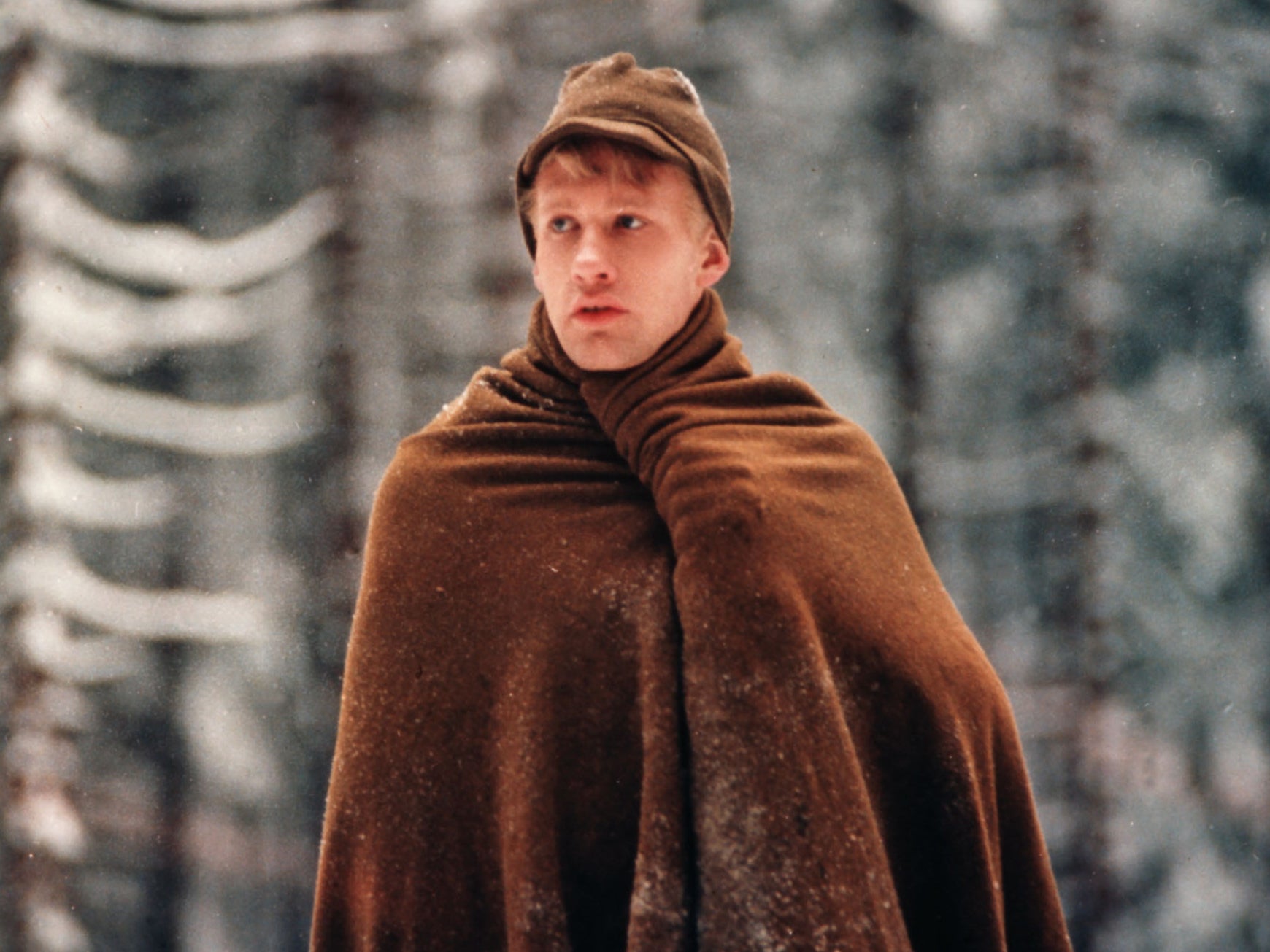Book of a lifetime: Slaughterhouse-Five by Kurt Vonnegut
From The Independent archive: Adam Williams on the 1969 novel’s post-Kafka absurdity

This was the proposition discussed at a dinner I attended in Beijing: western civilisation imploded in 1914, shattered by the First World War. We live in its ruins. The moral certainty that gave us Balzac, Flaubert, Tolstoy, Chekhov, Melville and Dickens was blown to pieces in the trenches. Afterwards, music, literature and painting floundered in a wasteland of cynicism, moral ambiguity, frivolity and despair. We have achieved nothing since except barren technique. Literature is now being pulled apart by post-modernism and commercialism...
The prominent Chinese critic Zi An disagreed. He said the end came in 1912, when Franz Kafka wrote “The Metamorphosis”. That was when the great European flourishing, which began in the 15th century, suddenly died. Kafka had buried it. He had written the last word on the human condition. Any fiction afterwards was, by definition, pre-Kafka. I asked him: has nobody achieved anything new? Lampedusa? Sartre? Beckett? Greene? Auster? He dismissed them all as Victorian novelists past their time or as confused reflectors of Kafka.
“And Kurt Vonnegut?” I asked. Silence. “Maybe Vonnegut was an exception,” he admitted, after a while. I was glad he agreed, for I loved this avuncular American, who as a prisoner of war in Dresden experienced horrors even Kafka had not imagined, whose gently anarchic novels shocked, amused and disturbed his fellow countrymen, and whose vision embraced Kafka’s and went beyond it. Vonnegut knew evil. He understood absurdity. His novels were nihilistic – in Cat’s Cradle, Slapstick and Sirens of Titan, he lampooned mankind’s aspirations and achievements in parables of science fiction that had almost biblical resonance.
Subscribe to Independent Premium to bookmark this article
Want to bookmark your favourite articles and stories to read or reference later? Start your Independent Premium subscription today.
Join our commenting forum
Join thought-provoking conversations, follow other Independent readers and see their replies